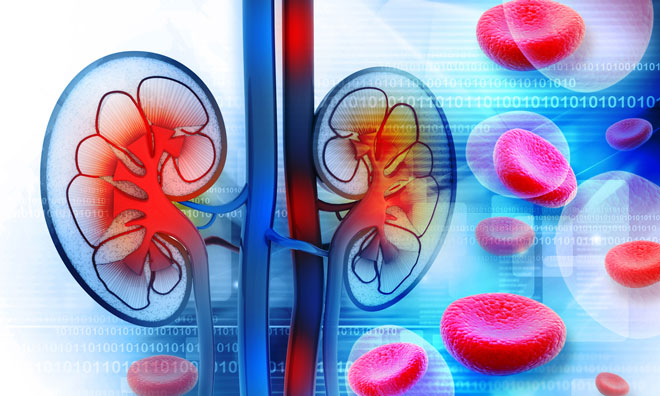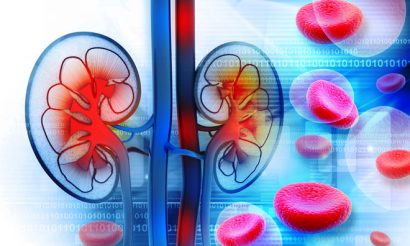NICE recommends ‘breakthrough’ drug nivolumab for advanced renal cell cancer
Posted: 21 October 2016 | | No comments yet
Nivolumab is an intravenous drug, a form of immunotherapy that works by harnessing the power of the patient’s own immune system to destroy the cancer cells…


The National Institute for Health and Care Excellence (NICE) has issued final draft guidance which says nivolumab (Opdivo, Bristol–Myers Squibb) should be made available to people who have been previously treated for advanced renal cell cancer (RCC) – a type of kidney cancer.


Nivolumab is an intravenous drug. It is categorised as a form of immunotherapy, meaning it works by harnessing the power of the patient’s own immune system to destroy their cancer cells.
Smashing the competition
The committee noted that nivolumab usually causes fewer side effects than other treatments such as axitinib and everolimus. And in trials, patients given nivolumab lived, on average, five months longer than those people taking everolimus.
Hundreds will be eligible
Kidney cancer accounts for 4% of all new cases of cancer diagnosed in men, and just over 2% of all cancers in women in the UK. Hundreds of people will be eligible for nivolumab treatment.
Professor Carole Longson, director of the health technology evaluation centre at NICE said, “Some have hailed nivolumab as a “break-through” cancer treatment. But we have to remain objective and be sure that our assessment of a drug’s clinical and cost effectiveness is separate from the headlines.”
“Our assessment of nivolumab as a treatment for advanced renal cell cancer has shown it could extend survival, and that is a good use of NHS resources.”
“People diagnosed with advanced cancer can feel their treatment choices are limited. As such, I am glad we have been able to recommend nivolumab, making this a potential option for them.”
Routine NHS use
In July 2016, the NICE appraisal committee found the trial data on nivolumab for kidney cancer was immature, which meant the long-term survival was uncertain. Therefore, it could not be recommended for routine NHS use.
In response the company adjusted their cost-analysis and proposed a new simple discount patient access scheme. They also provided data from recently published phase I and phase II trials, which included longer-term follow-up data on mortality.
There were 8,505 people with kidney cancer in England in 2013. Between 2005 and 2013, this rose by 6%. Following this trend would mean more than 10,000 people could have kidney cancer this year.
This final draft guidance is now with consultees, who have the opportunity to appeal against it.
Other indications for nivolumab
NICE has appraised the use of nivolumab for other cancers besides advanced RCC:
- Advanced melanoma (positive recommendation published in February 2016)
- In combination with ipilimumab for treating advanced melanoma (positive recommendation published July 2016)
- Non-small-cell, non-squamous, metastatic, after treatment lung cancer (currently in development)
- Non-small-cell, squamous, metastatic lung cancer (currently in development)
- Relapsed or refractory classical Hodgkin lymphoma (currently in development)
- Recurrent or metastatic squamous-cell carcinoma of the head and neck after platinum based chemotherapy (currently in development)
Related organisations
Bristol-Myers Squibb Company, National Institute for Health and Care Excellence (NICE)




